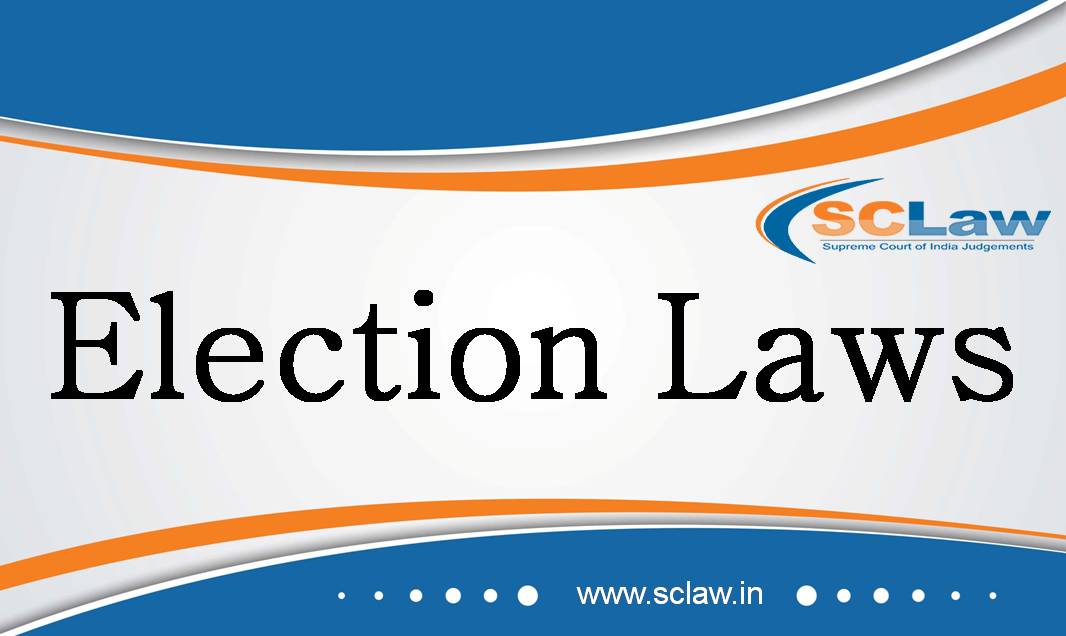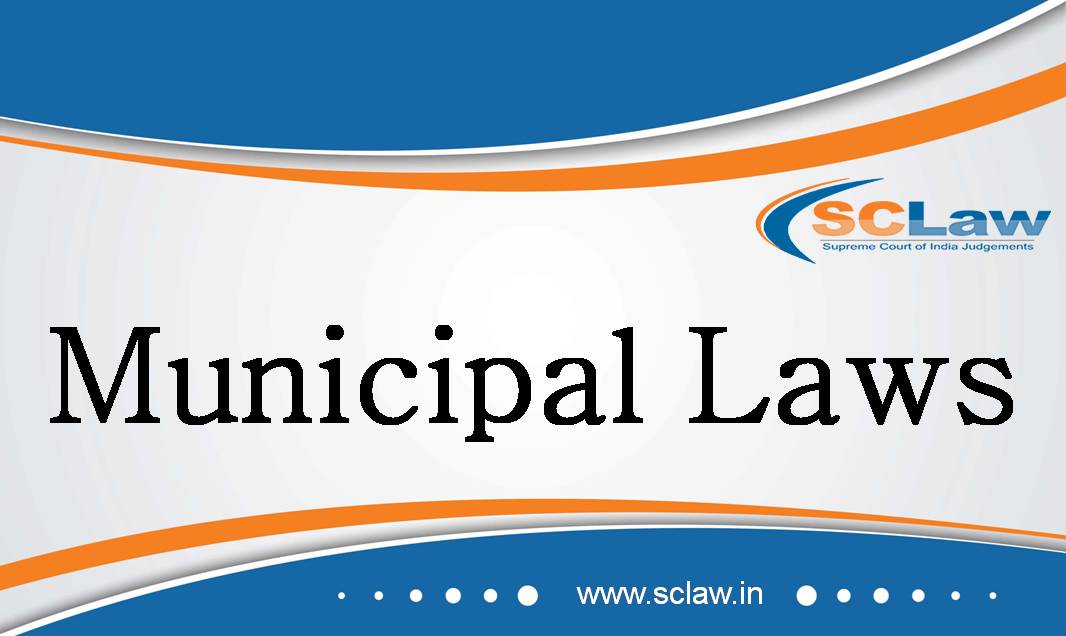Management of recognised Non Government Madrasahs (Aided and Unaided) Rules, 2002 – Rule 8 – Appointment of Administrator – Managing Committees of the Madrasahs failed to initiate the process of election for reconstitution of the Committee within the prescribed period – No reason to interfere with the orders of the single judge of the High Court
SUPREME COURT OF INDIA FULL BENCH THE MANAGING COMMITTEE, BHERAMARI A.M. HIGH MADRASAH & ANR. — Appellant Vs. THE STATE OF WEST BENGAL & ORS. — Respondent ( Before…









